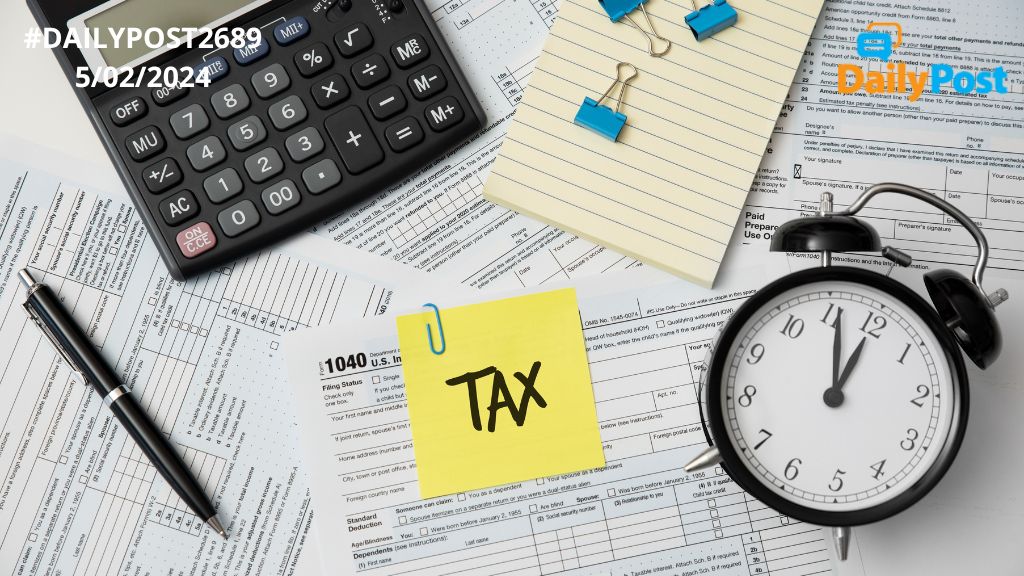DailyPost 2689
BIG DATA TAX TRANSFORMATION
Big data analytics is on verge of transforming and streamlining lots of processes which have gone unattended for a variety of reasons. Even while it was formally attended, it lacked both the precision and the flexibility. As the data could not be retraced with ease or validated in any manner in a short span of time, it was treated to be work fully completed. Digital mode also has different variants and in the backdrop of the big data analytics and its movement in the direction of AI, the earlier phase has already started looking archaic.
Big data tax transformation brought in ease of interface with the tax regulators. The regulators have also started big data to fulfil their regulatory requirements at scale a precision. Filing of tax returns has become more accurate and is being done on time while staying compliant with tax laws and regulations. Full backward integration with company processes still will take some time, but it seems fully doable now. Though moving in the right direction, the level of automation needs to be revisited in the interest of keeping the right trajectory. Once the direction is lost, it would be long before it is brought on track.
Companies are automating collection of raw, unstructured tax data, sending of tax documents to contractors and filing of forms. They are able to send it to correct tax authorities, mainly by huge corporations / MNCs who has to meet varied compliances in different geographies. Besides this, pulling data from different sources into a single data warehouse stops manual data entry and allows the company to transform and clean the data, if need be. The processing time is thus considerably reduced, side by side accuracy being provided in a closed system.
Big data tax transformation provides you reliable opportunity for What If Analysis. It becomes easy to predict the impact of a proposed transaction across multiple jurisdictions. You can also analyze the tax implications of buying or selling an asset. The consequences of a merger can also be worked much more easily compared to the earlier non big data mode. The company can be able to monitor different tax rates in different jurisdictions – scenario handling and develop deep insights for tax planning. Big data analytics plays a great facilitating role in tax controversy too – use ML model to predict the outcome of the case. Predicting patterns out of the previous tax cases and using ML model to develop a more effective litigation strategy would be few of the other added advantages.
TIME TO USE BIG DATA ANALYTICS IN REMEDIATION TO THE EVER-PREVALENT TAX WOES.
Sanjay Sahay
Have a nice evening.

